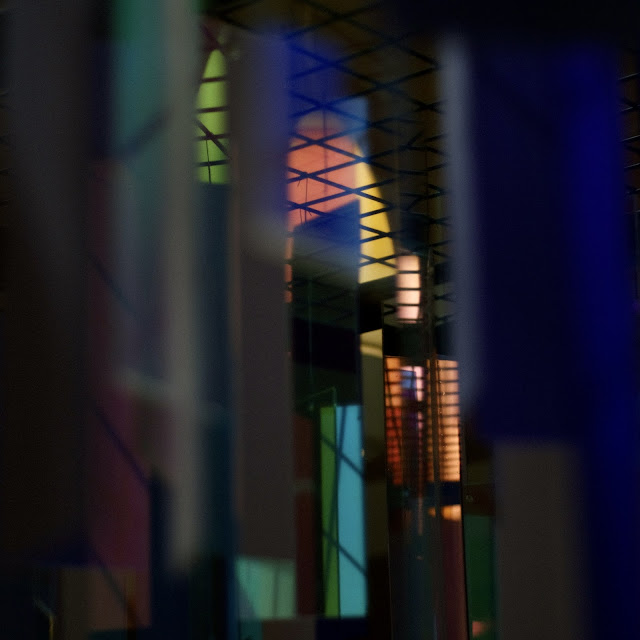Imaoka Shin’ichirō’s “My Principles of Living (revised)” (1973)
Regarding “My Principles of Living (revised)” [私の生活信条(訂)] (August 1973)
Imaoka Shin’ichirō (1881-1988)
“My Principles of Living” (私の生活信条) consisting of seven articles was established in February of the 40th year of Showa (1965) as my personal statement of faith. Over time, and with the support and feedback from the members of Tokyo Kiitsu Kyokai [Tokyo Unitarian Church] and others, it became a tradition collectively to recite these articles together during its Sunday gatherings.
However, later on, I felt the need to declare faith in nature as the foundational source of human existence and life. Therefore, a new article has been added after the fourth article in the revised version below, resulting in a total of eight articles.
The freedom of free religion primarily signifies individual internal freedom, and it deeply respects this freedom. Therefore, this statement of faith is not binding on the members in any way, but I would be happy if each one of you were to use it as a reference in helping you to formulate your own principles of living. In this sense, I humbly request your thoughtful consideration and critique, not only of the new fifth article, but of all the articles.
“My Principles of Living (revised)” [私の生活信条(訂)] (August 1973)
I have faith (信ずるshinzuru) in myself. I recognize my own subjectivity and creativity and feel the worth of living in life ( 生きがい ikigai). Subjectivity and creativity can be rephrased as personality, divinity, and Buddha-nature.
I have faith in my neighbour. The neighbour is oneself as a neighbour. If I have faith in myself, I inevitably have faith in my neighbour.
I have faith in a cooperative society (共同社会 kyōdō shakai). Both oneself and a neighbour, while each possessing a unique personality, are not things that exist in isolation. Because of this uniqueness, a true interdependence, true solidarity, and true human love are established, and therein a cooperative society is realized.
I have faith in the trinity of self, neighbour, and cooperative society. The self, neighbour, and cooperative society, while each having a unique personality, are entirely one. Therefore, there’s no differentiation of precedence or superiority/inferiority between them, and one always contains the other.
I have faith in the unity of life and nature. Life, which constitutes the trinity of self, neighbour, and cooperative society, further unites with all things in the universe. [What Imaoka-sensei later called a “universal cooperative society.” — see the last essay in this post.]
I have faith in the “church” (教會 kyōkai, i.e. the ideal community). The “church” is the prototype/archetype (原型 genkei) and driving force of the cooperative society. I can only be myself by being a member of the church.
I have faith in a specific religion. In other words, I am a member of the Tokyo Kiitsu Kyokai (帰一教會) [often translated as the Tokyo Unitarian Church]. However, a specific religion (including the Tokyo Kiitsu Kyokai) neither monopolizes religious truth nor is it the ultimate embodiment of it.
I have faith in jiyū shūkyō (自由宗教) [free-religion or a creative, free-spirituality]. While having faith in a specific religion, the endless pursuit and improvement towards universal and ultimate truth is the core of religious life. Such a dynamic religion is called jiyū shūkyō.
(August, Showa 48, 1973, “Free Religion”)



Comments